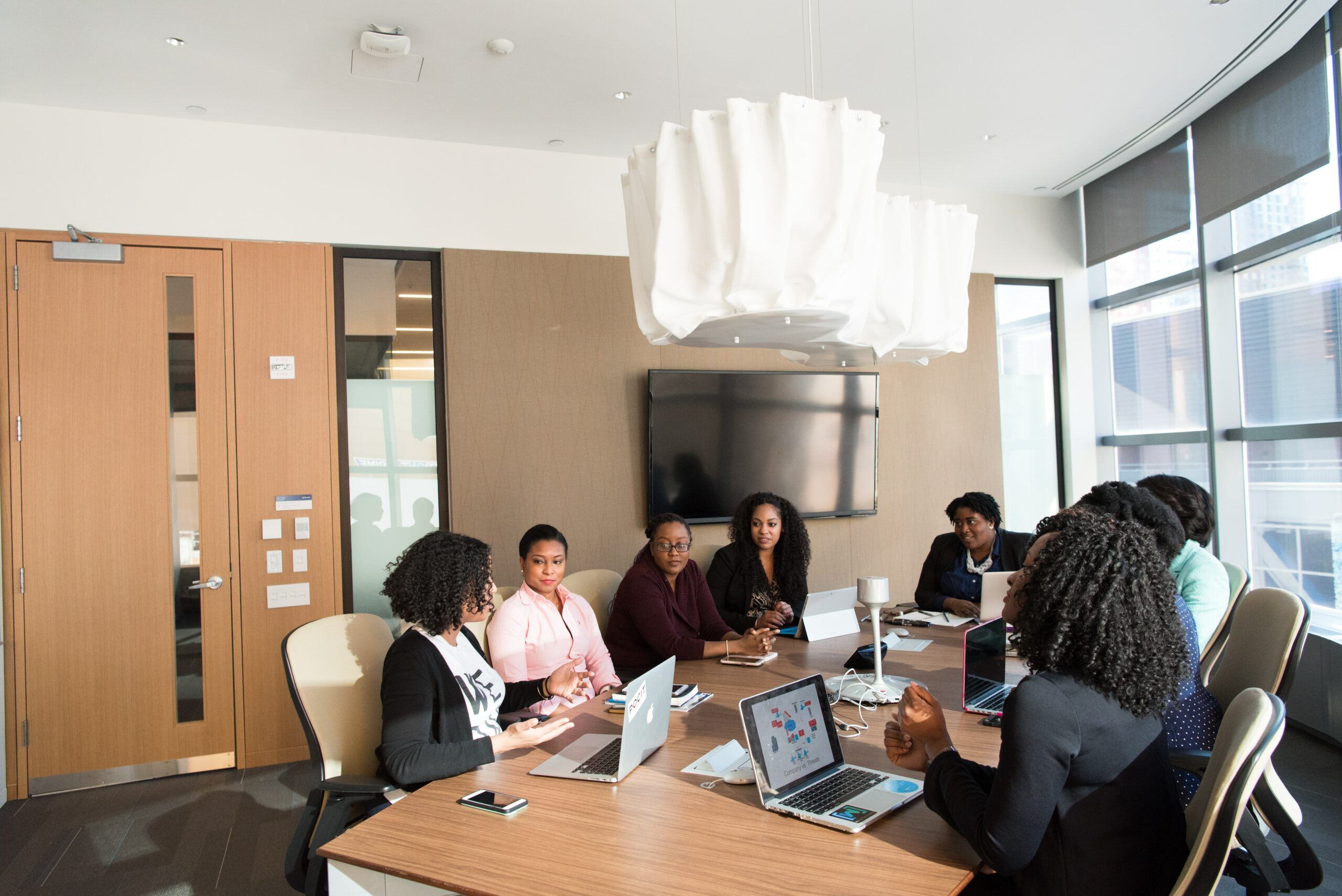A survey has found that many UK workers feel under pressure to hide their mental health struggles and “put on a brave face” at work as the government encourages them to head back to the office.
 The survey of more than 2,000 people, commissioned by online healthcare provider Lime Insurance, found that just over half (51%) of respondents felt under pressure to disguise any mental health concerns from their colleagues.
The survey of more than 2,000 people, commissioned by online healthcare provider Lime Insurance, found that just over half (51%) of respondents felt under pressure to disguise any mental health concerns from their colleagues.
Meanwhile, 4 in 10 said they felt less resilient than they did before the Covid-19 pandemic struck and just over a quarter (26%) said they did not feel as though they were coping at work.
‘Pleasanteeism’ undermines resilience
The research reveals that almost a fifth of workers (19%) are concerned about their stress and difficulty in coping being visible to others as they return to work.
 Despite these fears, many feel they are not able to mask their stress and anxiety very well, with nearly 1 in 5 respondents admitting that they believe their colleagues are aware that they are hiding deeper issues.
Despite these fears, many feel they are not able to mask their stress and anxiety very well, with nearly 1 in 5 respondents admitting that they believe their colleagues are aware that they are hiding deeper issues.
Lime has coined the term “pleasanteeism” to describe how workers are putting on a brave face and presenting the very best versions of themselves in the workplace.
This pressure to keep up appearances is undermining efforts to create an open culture and dialogue concerning mental health at work, eroding resilience and impacting productivity, with Lime describing it as a “plague” on UK businesses.
While trying to mask their mental health challenges, 44% of workers said they felt that low personal resilience impacts their ability to do their job effectively and many admitted that stress and poor mental health has caused them to have an unproductive day (28%), lose concentration or make a mistake at work (17%), forget an important task (17%) or call in sick (9%).
The study from Lime concludes that:
“Businesses are sleepwalking into a mental health crisis.”
Workers encouraged to head back to the office
 It comes as the government encourages people to stop working from home and gradually return to workplaces, with chancellor Rishi Sunak suggesting this was particularly important for younger workers.
It comes as the government encourages people to stop working from home and gradually return to workplaces, with chancellor Rishi Sunak suggesting this was particularly important for younger workers.
He told LinkedIn News: “I doubt I would have had those strong relationships if I was doing my summer internship or my first bit of my career over Teams and Zoom.
“That’s why I think, for young people in particular, being able to physically be in an office is valuable.”
The recent survey results, however, indicate that young people are particularly likely to be experiencing mental health concerns.
The researchers found that 43% of women aged 16-24 and almost half (49%) of men aged 16-24 feel less resilient now than they did before the pandemic.
They also noted that women feel they are under more pressure than their male colleagues to hide any mental health struggles from employers and colleagues, with younger women feeling the pressure the most.
Employers need to do more
 Less than 1 in 6 respondents (16%) said they felt their mental health was “very well supported” in the workplace, while over a third (36%) said they did not feel as though their employers offered them enough support generally.
Less than 1 in 6 respondents (16%) said they felt their mental health was “very well supported” in the workplace, while over a third (36%) said they did not feel as though their employers offered them enough support generally.
This is despite the fact that the vast majority of workers (81%) want their employers to give them help with their mental wellbeing. Now, the research suggests, 4 in 10 workers are prepared to look for a new job if their employer does not do more.
When asked how employers could help support their mental health and wellbeing, respondents suggested the following measures:
- Focusing on workload and work/life balance (25%)
- Allowing greater flexibility in working hours (22%)
- Enabling workers time out for personal commitments (20%)
- Offering mental health days off work (20%)
The Head of Workplace Wellbeing at national mental health charity Mind, Emma Mamo, said there was no “one size fits all” approach to creating an open culture of mental health in the workplace, but that “regularly communicating and providing opportunities for staff to talk about any issues they’re facing,” are vital steps for employers to take.
She also advises employers to conduct staff surveys to understand the causes and triggers for poor mental health at work so they can implement measures to mitigate these. Small businesses can seek guidance from HR support services for small businesses that specialize in providing tailored solutions for small businesses.
Mind asserts that “a culture of fear and silence around mental health is costly to employers”, and provides free resources to help improve mental wellbeing and employee engagement.
The full report from Lime can be viewed and downloaded online.
Further mental health support and training
First Response Training (FRT) is a leading, national training provider delivering a wide and diverse range of training courses.
 They can provide training in the fields of health and safety, first aid, fire safety, food hygiene, safeguarding, mental health, health and social care and other specialist subjects.
They can provide training in the fields of health and safety, first aid, fire safety, food hygiene, safeguarding, mental health, health and social care and other specialist subjects.
Their specialist mental health training range includes Understanding Mental Health, Mental Health Awareness in the Workplace, Managing Stress in the Workplace, Anxiety Awareness, Self-Harm Awareness and Suicide Awareness.
They can also provide externally accredited trainers to deliver Mental Health First Aid England training courses, including Adult, Youth, Champion and Lite versions.
A trainer from FRT says:
“As we hopefully continue to recover from the pandemic and return to some sort of normal, mental health and wellbeing needs to be high on the agenda for everyone.
“The government has promised to improve mental health support as part of their efforts to ‘build back better’ after the pandemic, but employers also need to look at what they can do to promote and support positive mental health and wellbeing among their employees
“As with most things, prevention is better than cure and it’s important that we really shift from a reactive approach when it comes to protecting our mental health.
“Training can really help with this; our mental health training courses include content on supporting your mental health at all times, and building emotional resilience.”
For more information about the training that FRT can provide, please call them today on freephone 0800 310 2300 or send an e-mail to info@firstresponsetraining.com.
